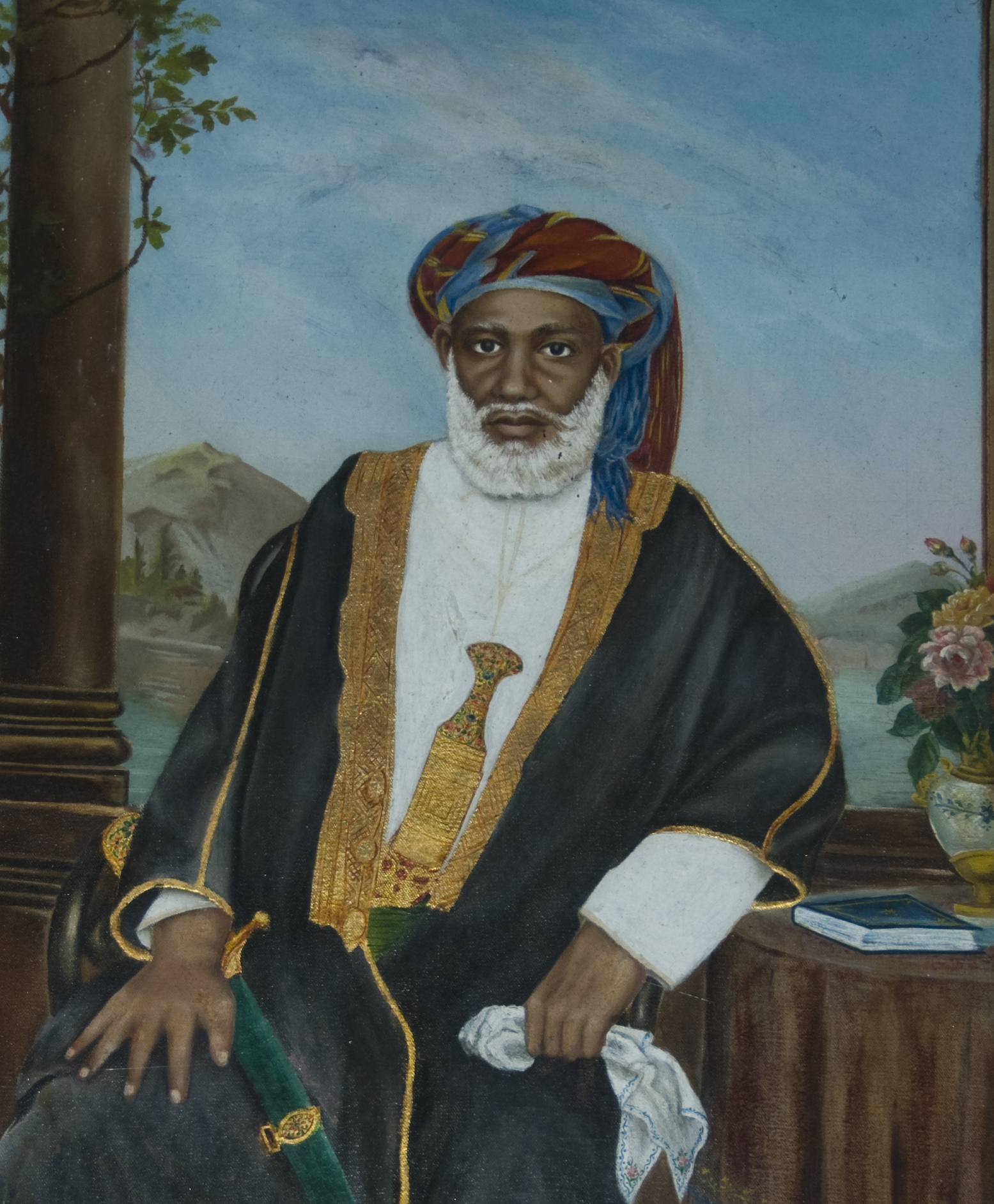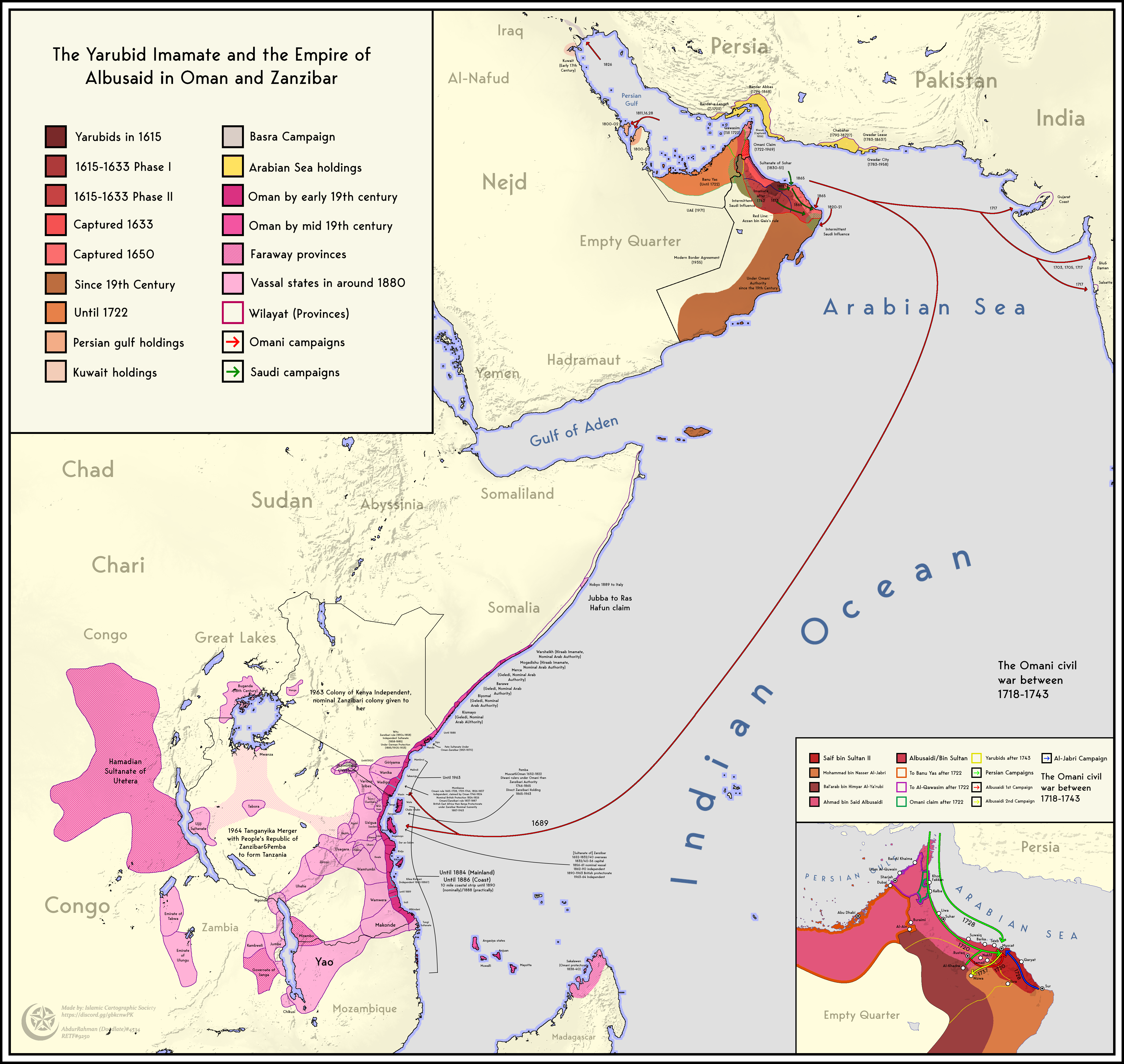|
Kibanga
Kibanga, formerly called Lavigerieville, is a settlement in the South Kivu province of the Democratic Republic of the Congo. The White Fathers founded the first mission station on the west of the lake at Mulweba in 1880, and founded the mission at Kibanga, slightly further south on the lakeshore, in June 1883. Kibanga is located to the south of the Ubwari Peninsula, on the west side of Lake Tanganyika. The local potentate, Rumaliza, tolerated the foundation of the missions at Mulwewa and Kibanga, but prevented establishment of a station at Ujiji, at the extreme northeast of the lake. Léopold Louis Joubert, a former Papal Zouave, reached Kibanga on 10 June 1883. There he oversaw construction of a fortified mission for the White Fathers missionaries, called Lavigerieville after the society's founder Cardinal Charles Lavigerie Charles Martial Allemand Lavigerie, M. Afr. (31 October 1825 – 26 November 1892) was a French Catholic prelate and missionary who served as Archbi ... [...More Info...] [...Related Items...] OR: [Wikipedia] [Google] [Baidu] |
Mulweba
Mulwewa was a mission founded by White Fathers missionaries on the west side of Lake Tanganyika, in what is now the Democratic Republic of the Congo. It is at Massanze, near Uvira. The White Fathers reached Lake Tanganyika in January 1879, and established a station at Rumonge on the east side of the lake. They founded the mission of Mulwewa opposite Rumonge, on the west side of the lake, in the region of Massange in response to an appeal from Massange. The mission was founded by Father Deniaud, the Superior of the Tanganyika mission, with Fathers Moinet and Delaunay, leaving Rumonge on 25 November 1880. They reached Mulwewa and founded the station on 28 November 1880. After Deniaud returned, on 1 February 1881 he sent Father Auguste Moncet to replace him at Mulwewa, where Moncet busied himself teaching youth and helping erect the mission buildings. The station was on a narrow plateau that looked over the lake. Mulwewa became a place of refuge for orphans redeemed from slave trade ... [...More Info...] [...Related Items...] OR: [Wikipedia] [Google] [Baidu] |
Rumaliza
Muhammad bin Khalfan bin Khamis al-Barwani () (born c. 1850, died 1919), commonly known as Rumaliza, was an Omani Swahili trader of slaves and ivory, active in Central and East Africa in the latter part of the nineteenth century. He was a member of the Arabian Barwani tribe. With the help of Tippu Tip, he became the Sultan of Ujiji. At one time, he dominated the trade of Tanganyika, before being defeated by Belgian forces under Baron Francis Dhanis in January 1894. Rumaliza was born in 1850 in Zanzibar. He helped the "Nyamwezi" African tribe and became friends with its members which then earned him nickname "Rumaliza." He played a significant role in the war against Belgian colonialism in the Congo and was pivotal in expanding trade within Africa. He is credited with opening several regions to commerce and raising the level of trade, particularly in ivory and other goods. His dominance extended to the coasts and the city of Ujiji, where he controlled the trade routes and establishe ... [...More Info...] [...Related Items...] OR: [Wikipedia] [Google] [Baidu] |
Léopold Louis Joubert
Léopold Louis Joubert (or Ludovic Joubert) (22 February 1842 – 27 May 1927) was a French soldier and lay missionary. He fought for the Papal States between 1860 and 1870 during the Italian unification, which he opposed. He later assisted the White Fathers missionaries in East Africa and played an important role in the suppression of the slave trade between 1885 and 1892. He married a local woman and settled by the shore of Lake Tanganyika, where he lived until his death at the age of eighty five. Early years Léopold Louis Joubert was born at Saint-Herblon, France on 22 February 1842. As a child he wanted to be like the Christian warriors of the past. He was given the nickname "Ludovic" as a child, and was often called by this name as an adult. He attended school at Ancenis (1854–1858) and then Combrée (1858–1860). Joubert left school in 1860 to join the army that Pope Pius IX was raising to defend the Papal States as a member of the Franco-Belgian corps that was later ca ... [...More Info...] [...Related Items...] OR: [Wikipedia] [Google] [Baidu] |
Democratic Republic Of The Congo
The Democratic Republic of the Congo (DRC), also known as the DR Congo, Congo-Kinshasa, or simply the Congo (the last ambiguously also referring to the neighbouring Republic of the Congo), is a country in Central Africa. By land area, it is the List of African countries by area, second-largest country in Africa and the List of countries and dependencies by area, 11th-largest in the world. With a population of around 112 million, the DR Congo is the most populous nominally List of countries and territories where French is an official language, Francophone country in the world. Belgian French, French is the official and most widely spoken language, though there are Languages of the Democratic Republic of the Congo, over 200 indigenous languages. The national capital and largest city is Kinshasa, which is also the economic center. The country is bordered by the Republic of the Congo, the Cabinda Province, Cabinda exclave of Angola, and the South Atlantic Ocean to the west; the Cen ... [...More Info...] [...Related Items...] OR: [Wikipedia] [Google] [Baidu] |
South Kivu
South Kivu (; ) is one of Provinces of the Democratic Republic of the Congo, 26 provinces of the Democratic Republic of the Congo. Its capital city, capital is Bukavu. Located within the East African Rift's western branch Albertine Rift, it is bordered to the east by Lake Kivu, Rwanda, Burundi, and Tanzania; to the west by Maniema, Maniema Province; to the north by North Kivu, North Kivu Province; and the south by Tanganyika Province. The province covers an area of approximately 65,070 square kilometers (25,120 square miles) and has an estimated population of 8,147,400 as of 2024. The region has historically been inhabited by various Bantu languages, Bantu-speaking ethnic groups, including the Bushi (region), Bamushi, Fuliru people, Bafuliiru, Bahavu, Nyindu people, Banyindu, Bembe people, Babembe, Babuyu, Lega people, Balega, Babwari, Holoholo people, Baholoholo, Nyanga people, Banyanga, Vira people, Bavira, Bakusu, Batembo, Barongeronge, and Baswaga, as well as African Pygmies ... [...More Info...] [...Related Items...] OR: [Wikipedia] [Google] [Baidu] |
Fizi Territory
Fizi Territory is a territory located in the southern part of South Kivu Province, in the eastern region of the Democratic Republic of the Congo. It spans an area of approximately 15,864 square kilometers and shares borders with Uvira Territory to the north, Mwenga and Shabunda territories to the west, Kalemie Territory of Tanganyika Province to the south, and Lake Tanganyika to the east, beyond the Ubwari Peninsula. The territory is predominantly inhabited by the Bembe people, although it is characterized by considerable ethnocultural diversity. Smaller ethnic communities such as the Babuyu, Babwari, and Bazoba also reside in various villages throughout the territory. Administratively, Fizi Territory is subdivided into four sectors: Lulenge, Mutambala, Ngandja, and Tanganyika. Its economy is primarily driven by agriculture, fishing, livestock farming, and artisanal mineral extraction. Geography Terrain and climate Fizi Territory landscape is dominated by mountaino ... [...More Info...] [...Related Items...] OR: [Wikipedia] [Google] [Baidu] |
Lake Tanganyika
Lake Tanganyika ( ; ) is an African Great Lakes, African Great Lake. It is the world's List of lakes by volume, second-largest freshwater lake by volume and the List of lakes by depth, second deepest, in both cases after Lake Baikal in Siberia. It is the world's longest freshwater lake. The lake is shared among four countries—Tanzania, the Democratic Republic of the Congo (the DRC), Burundi, and Zambia—with Tanzania (46%) and the DRC (40%) possessing the majority of the lake. It drains via the Lukuga River into the Congo River system, which ultimately discharges at Banana, Democratic Republic of the Congo into the Atlantic Ocean. Geography Lake Tanganyika is situated within the Albertine Rift, the western branch of the East African Rift, and is confined by the mountainous walls of the valley. It is the largest rift lake in Africa and the second-largest freshwater lake by volume in the world. It is the deepest lake in Africa and holds the greatest volume of fresh water on the ... [...More Info...] [...Related Items...] OR: [Wikipedia] [Google] [Baidu] |
Ujiji
Ujiji is the oldest town in western Tanzania and is located in Kigoma-Ujiji District of Kigoma Region. Originally a Swahili settlement and then an Arab slave trading post by the mid-nineteenth century nominally under the Sultanate of Zanzibar, the town is the oldest in western Tanzania. In 1900, the population was estimated at 10,000 and in 1967 about 41,000. The site is a registered National Historic Site. History Historically the town that is now Ujiji was the home of the Jiji people. The settlement has close connections with the Swahili community of Buyenzi north of Lake Tanganyika in Burundi. Ujiji is the place where Richard Burton and John Speke first reached the shore of Lake Tanganyika in 1858. It is the site of the famous meeting on 10 November 1871 when Henry Stanley found Dr. David Livingstone, and reputedly uttered the famous words “Dr. Livingstone, I presume?” Livingstone, whom many thought dead as no news had been heard of him for several years and ... [...More Info...] [...Related Items...] OR: [Wikipedia] [Google] [Baidu] |
Papal Zouave
The Papal Zouaves () were an infantry battalion (later regiment) dedicated to defending the Papal States. Named after the French zouave regiments, the ' were mainly young men, unmarried and Catholic, who volunteered to assist Pope Pius IX in his struggle against the Italian unificationist Risorgimento. Origin The Zouaves evolved out of a unit formed by Louis Juchault de Lamoricière on 23 May 1860, the 'Company of Franco- Belgian Tirailleurs'. The company was quickly increased to an 8-company battalion by amalgamating the Tirailleurs with another volunteer unit, the 'Crusaders of Cathelineau'. On 1 January 1861 the unit was renamed the Papal Zouaves, after already proving themselves in 1860. The name had been introduced by Xavier de Mérode. The Almoner was Mgr. Edouard de Woelmont. Composition The unit was commanded by the Swiss colonel Eugène Allet (1814–1878), from Leuk, who had previously served in the Pontifical Swiss Guard under Pope Gregory XVI. All orders were given ... [...More Info...] [...Related Items...] OR: [Wikipedia] [Google] [Baidu] |
White Fathers
The White Fathers (), officially known as the Missionaries of Africa (), and abbreviated MAfr, are a Roman Catholic society of apostolic life of pontifical right (for men). They were founded in 1868 by Charles-Martial Allemand-Lavigerie, who was then the Archbishop of Algiers. The society focuses on evangelization and education, primarily in Africa. As of 2021, the Missionaries of Africa comprised 1,428 members from 36 nationalities, working in 42 countries across 217 communities. History The cholera epidemic of 1867 caused the death of 80,000 people in French Algeria and left a large number of Algerian orphans, prompting the establishment of the society of White Fathers in Maison-Carrée (now El-Harrach), near Algiers. While the initial focus of the White Fathers was on the education and Christian instruction of these children, the society's founder, Charles-Martial Allemand-Lavigerie, who was then the Archbishop of Algiers, envisioned the society's mission extending ... [...More Info...] [...Related Items...] OR: [Wikipedia] [Google] [Baidu] |





